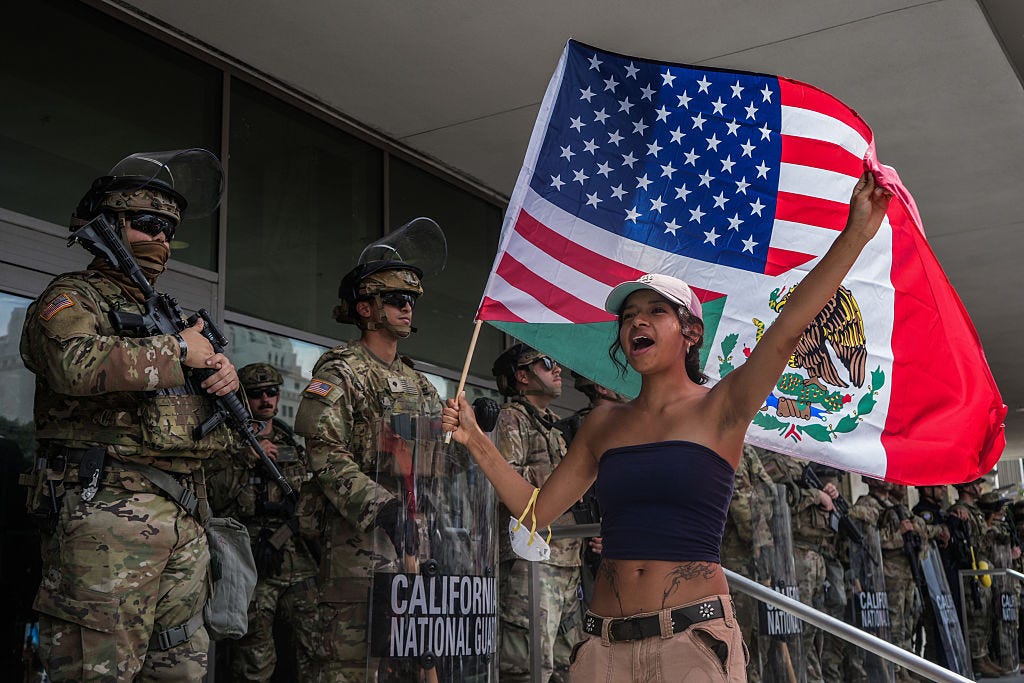Happy Saturday, Ink readers, and welcome to your Weekend Reads! Below, we’ve put together our weekly compilation of the most challenging, thought-provoking, and expansive writing we’ve read this week, for the enjoyment of our supporting subscribers. Among the links you’ll find in today’s edition of Weekend Reads:
How did opposition to slavery make the case for a multicultural America?
Is it all connected, at least by stories?
When does asking “what” ignore the more important “who”?
Does it take a descent into the darkness to see the light?
Is shame still a route to justice?
Is it lights out for Tom Bodett and Motel 6?
And in music, a quartet of contemporary jazz masters
You won’t want to miss any of it. Thank you so much to our supporting subscribers for making this newsletter possible. If you haven’t yet joined our community, why not become part of this and help us build the future of independent media today?
In The Ink this week:
From The Ink Book Club
And now, your Weekend Reads
The birth of an abolitionist America
The abolitionist insistence on tying the cause of the slave with that of American democracy influenced Lincoln’s overall conception of the war. He would immortalize this understanding of the war in the Gettysburg Address as the second American Revolution, as representing a “new birth of freedom” in the republic. The abolitionist interpretation of the war gave meaning and purpose to it in a way that simply a war for the Union never could. [The UnPopulist]
This post was originally published on The.Ink.
